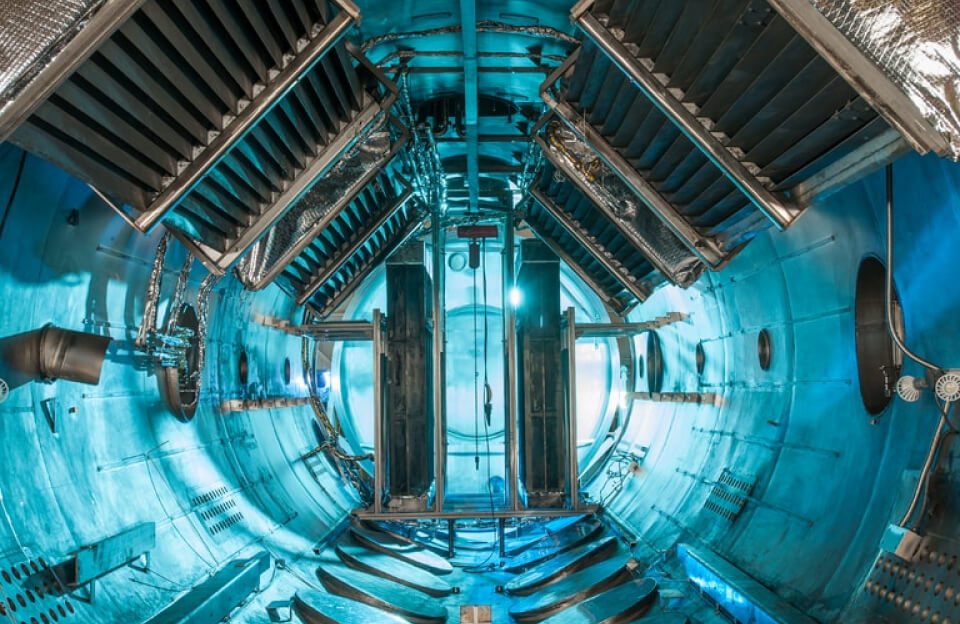Under Siege: Why Scientists Are Taking to the Streets to Defend Our Future
In an unprecedented wave of mobilization, scientists across the United States and beyond are trading their lab coats for protest signs. From the bustling streets of Washington D.C. to the campuses of major universities, a clear and urgent message is being sent: science is under attack, and the consequences could be devastating for us all. The recent “Stand Up for Science” rallies and a powerful open letter from nearly 2,000 of the nation’s top scientific minds are not just isolated incidents; they are the visible manifestations of a deep and growing crisis in the American scientific community, a crisis fueled by the policies of the Trump administration.
This is not a story about politics as usual. This is a story about the very foundation of modern society – the pursuit of knowledge, the reliance on evidence-based policy, and the unwavering commitment to truth. When scientists, a group traditionally known for their quiet dedication to research, feel compelled to march in the streets, we must all pay attention. Their protest is not just about funding cuts or political disagreements; it’s a desperate plea to protect the integrity of science itself, and by extension, the health, safety, and prosperity of every American.
A Chilling Climate of Fear
The most alarming aspect of the current situation is the pervasive “climate of fear” that has descended upon the scientific community. According to a recent open letter from members of the U.S. National Academies of Sciences, Engineering, and Medicine, researchers are now operating in an environment of intimidation and self-censorship. The letter, signed by dozens of Nobel laureates, paints a grim picture of a scientific enterprise in peril. Researchers, fearing for their jobs and funding, are reportedly “removing their names from publications, abandoning studies, and rewriting grant proposals and papers to remove scientifically accurate terms (such as ‘climate change’) that agencies are flagging as objectionable.” [1]
This is not just a matter of hurt feelings or academic squabbles. This is a direct assault on the principles of scientific inquiry. When scientists are afraid to pursue certain lines of research or to use accurate terminology, the entire process of discovery is compromised. The chilling effect of these policies extends far beyond the individual researcher; it threatens to undermine the very foundation of our knowledge-based society. As Dr. Steven Woolf, a professor at Virginia Commonwealth University and a co-author of the open letter, puts it, “We’re seeing this across sectors in which the government is exerting pressure to make changes that conform with ideological perspectives rather than … intellectual independence.” [1]
This ideological pressure is not just a vague threat; it has manifested in concrete actions that have sent shockwaves through the scientific community. The Trump administration has taken steps to ban words and phrases like “health disparities” and “climate science” from official documents and grant proposals. [1] The National Institutes of Health (NIH), a global leader in biomedical research, has even rescinded its scientific integrity policy, a move that critics say is designed to pave the way for greater political interference in science. [1] These actions, taken together, create an environment where scientific truth is subordinated to political expediency, a dangerous precedent that could have long-lasting consequences.
From Abstract Fears to Tangible Harms
The Trump administration’s assault on science is not just a matter of rhetoric or ideological posturing; it has had a very real and damaging impact on the lives and work of scientists across the country. The “Stand Up for Science” rallies that have erupted in cities from coast to coast are a direct response to these tangible harms. Scientists are not just protesting abstract principles; they are fighting for their livelihoods, their research, and the future of their fields.
One of the most immediate and devastating impacts has been the sudden and arbitrary cuts to research funding. The National Institutes of Health (NIH), the engine of biomedical innovation in the United States, has been forced to halt the consideration of new grant applications and delay decisions about funding for critical disease research. [1] This has thrown the research community into chaos, with countless projects and careers hanging in the balance. As Dr. Ana V. Diez Roux, a professor of epidemiology at Drexel University, has stated, “I think this is what’s so shocking — it’s arbitrary cuts to research, federally funded research, completely arbitrary and sudden cuts to projects that have been approved and reviewed by committees of scientists.” [1]
The human cost of these policies is immense. Just ask Sara Heintzelman, a dedicated scientist who spent 15 years as a contractor for the National Oceanic and Atmospheric Administration (NOAA). After finally securing a position as a federal employee, she was unceremoniously fired via email with just 64 minutes’ notice and no severance. [2] Her story is not unique. Hundreds of probationary employees at NOAA and other federal agencies have been summarily dismissed, resulting in a massive loss of institutional knowledge and expertise. [2] These are not just statistics; these are the lives and careers of dedicated public servants who have been cast aside in the name of political expediency.
The administration’s actions have also had a chilling effect on the dissemination of scientific information. Websites have been scrubbed of references to climate change, and public access to critical health and environmental data has been blocked. [2] In one particularly egregious case, a public health study on smoking inequities was withdrawn from publication after the authors were instructed to remove language related to gender and sexual orientation. [1] As Tamar Antin, one of the study’s co-authors, has said, “The expectation that we would remove that information really felt like political interference in science and in fact, was clearly interference in science.” [1]
A Fight for Our Future
The scientists who are marching in the streets are not just fighting for their jobs or their research projects; they are fighting for the future of our country. They are fighting for a future where policy is guided by evidence, not ideology. They are fighting for a future where our health, our environment, and our technological progress are not held hostage to political whims. They are fighting for a future where the pursuit of truth is valued and protected.
This is not a partisan issue. The defense of science is a defense of our collective well-being. Whether it’s developing new life-saving medicines, tackling the climate crisis, or ensuring the safety of our infrastructure, science is the bedrock of our modern world. When we allow science to be undermined, we are all at risk.
The scientists have taken to the streets, but they cannot win this fight alone. It is up to all of us to stand with them, to demand that our leaders respect the integrity of science, and to ensure that the voices of reason and evidence are not silenced. The future of our nation, and indeed our planet, depends on it.




Your point of view caught my eye and was very interesting. Thanks. I have a question for you. https://accounts.binance.com/es-AR/register?ref=UT2YTZSU
Can you be more specific about the content of your article? After reading it, I still have some doubts. Hope you can help me. https://www.binance.com/lv/register?ref=SMUBFN5I